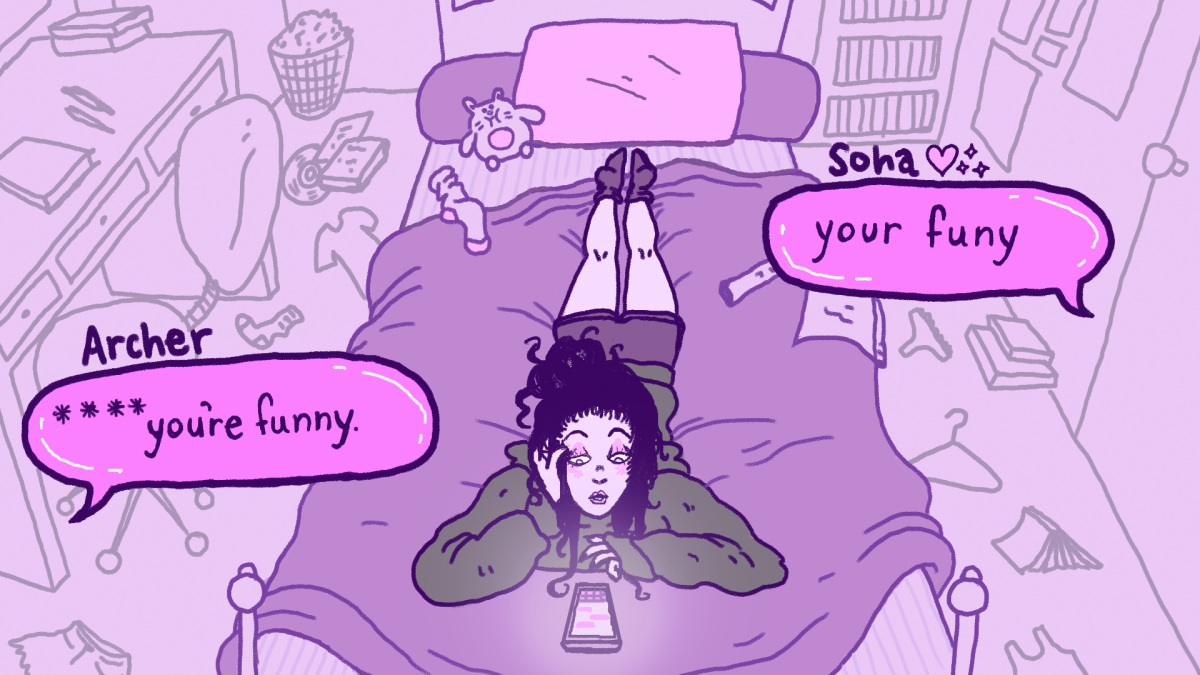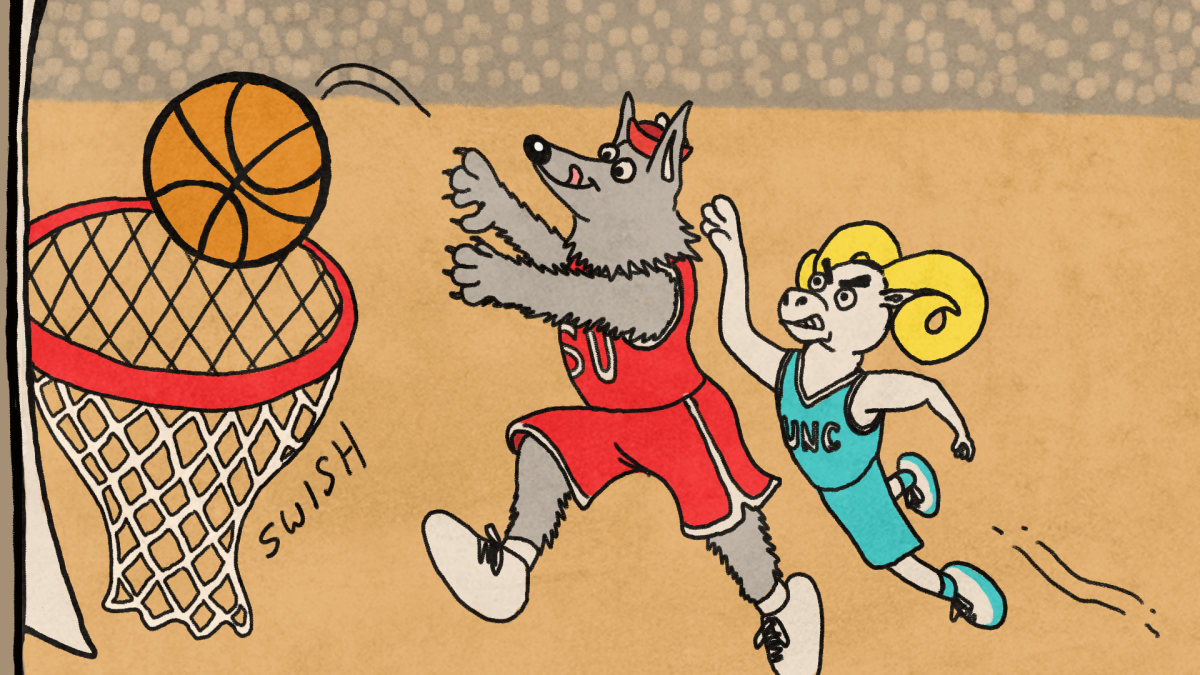From its get-go, publicity for Nymphomaniac, a movie starring Shia LaBeouf, was bound to make an impression. In December, the red band trailer played for a group of children attending Disney-Pixar’s Frozen. At the Feb. 9 premier of the film in Berlin, LaBeouf appeared sporting a paper bag on his head.
The bag, fitted with holes for his eyes, read: “I AM NOT FAMOUS ANYMORE.” LaBeouf expressed this sentiment before on his Twitter account for a few weeks.
This stunt comes with his somewhat new habit of avoiding answering interview and panel questions.
LaBeouf cites his behavior as an attempt to distance himself from the public eye, according to a tweet on Jan. 10.
It’s hard to blame the former Disney star. More and more, we hear about celebrities who hate or feel overwhelmed by their fans.
Robert Pattinson of the Twilight series has said many times how much he hates his own movies, and that he finds his fans annoying. Kristen Stewart, of the same series, is ostensibly of the same mindset, just not as vocal about it.
Miley Cyrus told Ronan Farrow of W Magazine that her excessive exposure to kids has left her with a strong disdain for her younger fans. It’s a good thing she’s directed her publicity toward college-aged people instead, lest her young fans decide to tear her to shreds.
Several accounts have reported members of One Direction, a British boy band, having said they feel overwhelmed and unable to carry on any sort of personal life due to the excessiveness of their fans’ admiration. The boy band has said it is not above breaking up if the bubbling craze does not simmer down.
Fans of the BBC television show Sherlock may be familiar with recent news about one of the actresses’ experience with overzealous fans.
Amanda Abbington received several death threats for her role as Mary Watson, the wife of John Watson, played by Martin Freeman.
Fans were apparently upset because her onscreen relationship with Freeman ruined a “ship.”
For those who are unfamiliar with the term, “shipping” refers to the belief that two non-fictional characters should be or secretly are engaged in a romantic relationship.
The more intense fans who ship “John Lock” (a portmanteau of John Watson and Sherlock) felt as though Abbington’s onscreen marriage to Freeman ruined not only their interpretation of the two male protagonists’ relationship, but the show in its entirety.
(Comparing their intensity to other shippers, I must ask: Can two men, or women for that matter, not show each other friendly affection without fans dubbing them secretly in love? Surprisingly enough, it’s a little homophobic to assume two people of the same gender cannot be close without being in love.)
When Jack Gleeson, better known for his role as King Joffrey Baratheon on HBO’s Game of Thrones, spoke at the Oxford Union, he dedicated half an hour to an eloquent rejection of celebrity culture.
His main point basically maintained that we, as fans, are far too concerned with the lives of people we hardly know, and our concern disrupts their freedom to live as people.
And he’s right.
Too often we treat celebrity culture as an actual culture. We read People magazine and talk about the most recent celebrity engagements and breakups. We do our best to keep up with the Kardashians. But we rarely do it in a cultured way. We smudge our idols’ quality of life and, in doing so, our own.
It is only natural to adore people, but the extent to which we do it has gotten mercilessly out of hand.
To quote Gleeson: “Stargazing is one of the most profoundly human things one can do. But, perhaps, we must more frequently tear ourselves away from the mystery and beauty of the starry heavens above and rather inspect, admire and foster the moral law within.”
Send your thoughts to Nicky at [email protected].




